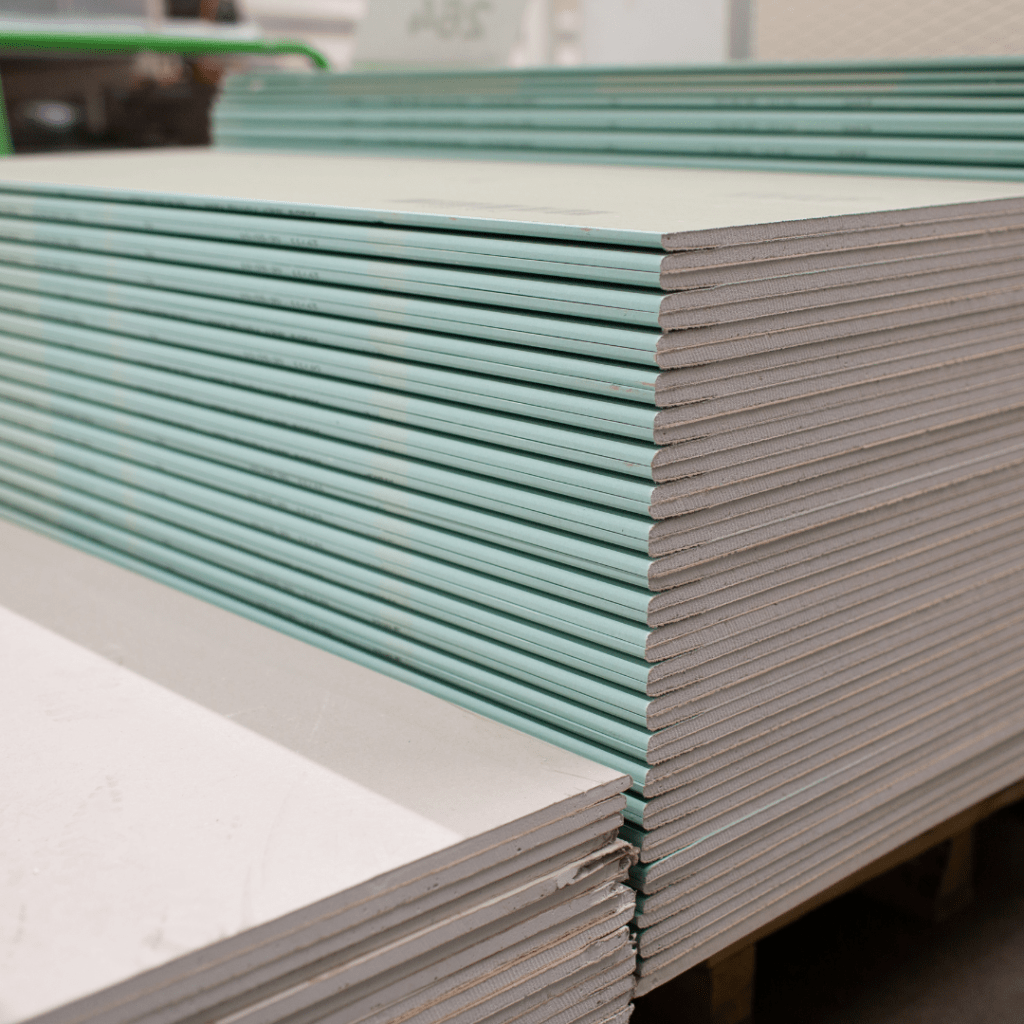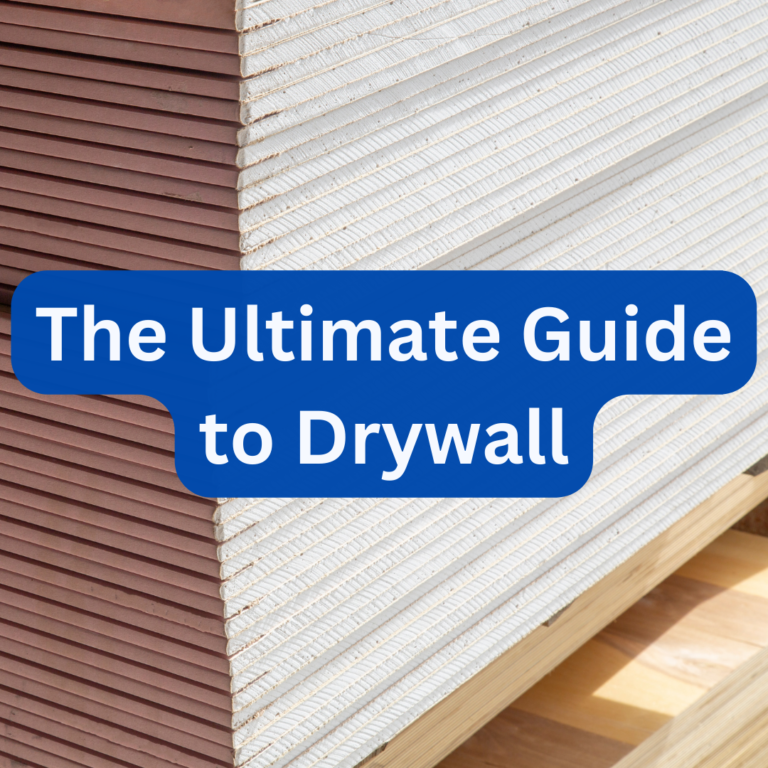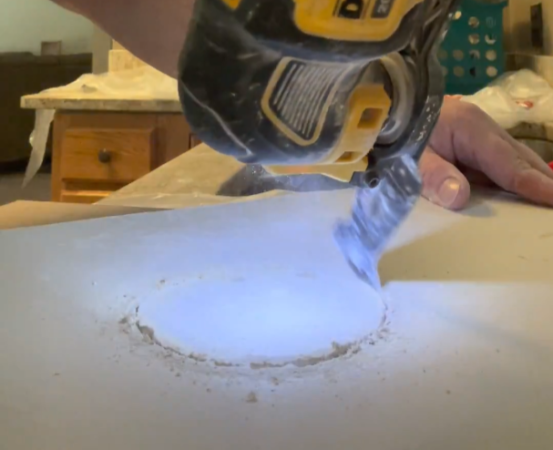Drywall vs Sheetrock: Is There Really a Difference?
When it comes to construction and home improvement projects, the terms “drywall” and “sheetrock” are often used interchangeably. However, there’s a subtle distinction between the two that can affect your choice of materials and the outcome of your project. In this comprehensive guide, we’ll explore the key differences between drywall and sheetrock, their uses, pros and cons, and help you make an informed decision for your next project.

What is Drywall?
Drywall is a generic term used to describe a panel made of gypsum plaster sandwiched between layers of paper. It is also known as plasterboard, wallboard, gypsum board, or simply, “board.” Drywall comes in various thicknesses and sizes, making it a versatile material for interior wall and ceiling applications.
Key Characteristics of Drywall
- Gypsum Core: Drywall’s core component is gypsum, a naturally occurring mineral that is ground into a fine powder and mixed with water to create a paste. This paste is then sandwiched between two layers of paper.
- Versatility: Drywall is suitable for a wide range of applications, including residential and commercial construction, remodeling, and repairs.
- Thickness Options: It is available in different thicknesses, with the most common being 1/2-inch and 5/8-inch. Thicker drywall is often used for ceilings to improve fire resistance and sound insulation.
- Tapered Edges: Most drywall sheets come with tapered edges, which make it easier to achieve a smooth finish when joints are taped and covered with joint compound.
What is Sheetrock?
Sheetrock, on the other hand, is a brand name for drywall produced by the United States Gypsum Corporation (USG). It’s essential to note that Sheetrock is essentially a type of drywall, not a distinct material.
Key Characteristics of Sheetrock
- Same Composition: Sheetrock is made from the same materials as generic drywall – gypsum core and paper facing.
- Consistency: Sheetrock is known for its consistent quality and performance, which has helped establish it as a leading brand in the industry.
- Wide Availability: Sheetrock products are widely available across the United States, making it a common choice for builders and contractors.
Drywall vs. Sheetrock: Is There Really a Difference?
Now that we’ve clarified the basic components of both drywall and Sheetrock, let’s delve into the key differences between the two.
1. Brand Name vs. Generic Term
The most significant difference lies in their names. Sheetrock is a brand name, while drywall is a generic term. While Sheetrock is synonymous with high-quality drywall, there are other reputable drywall manufacturers with their own product lines.
2. Regional Variations
Sheetrock is strongly associated with the United States and is often used interchangeably with drywall in the U.S. In other parts of the world, especially in the UK and Australia, drywall is the more commonly used term.
3. Pricing
The brand name Sheetrock can sometimes be more expensive than generic drywall. However, the price difference can vary depending on location and supplier.
4. Quality and Consistency
Sheetrock is renowned for its consistent quality, which can be attributed to the rigorous manufacturing standards of the USG. Generic drywall may also meet high-quality standards, but it’s essential to choose a reputable manufacturer to ensure consistent results.
How to Choose Between Drywall and Sheetrock?
Your choice between drywall and Sheetrock depends on various factors, including your location, budget, and project requirements. Here are some considerations to help you decide:
1. Availability
In the United States, Sheetrock is widely available and is often the preferred choice due to its reputation for quality. If you’re in another country, generic drywall may be the more accessible option.
2. Budget
Consider your budget. If Sheetrock is significantly more expensive than generic drywall in your area, you may opt for the latter without compromising on quality.
3. Project Requirements
Evaluate your project’s specific needs. Thicker drywall may be necessary for soundproofing or fire resistance. Discuss your requirements with a contractor or builder to determine the best choice.
4. Brand Preference
Some professionals and homeowners prefer Sheetrock due to its reputation. Others may have had positive experiences with different drywall brands. Ask for recommendations and read reviews to make an informed decision.
Conclusion
In summary, the terms “drywall” and “Sheetrock” are often used interchangeably, but the primary difference lies in the brand name and regional usage. Both materials have the same basic composition of gypsum core and paper facing. Your choice between the two should be based on factors such as availability, budget, project requirements, and personal preference. Regardless of your choice, both drywall and Sheetrock are excellent materials for creating smooth and durable interior walls and ceilings.






